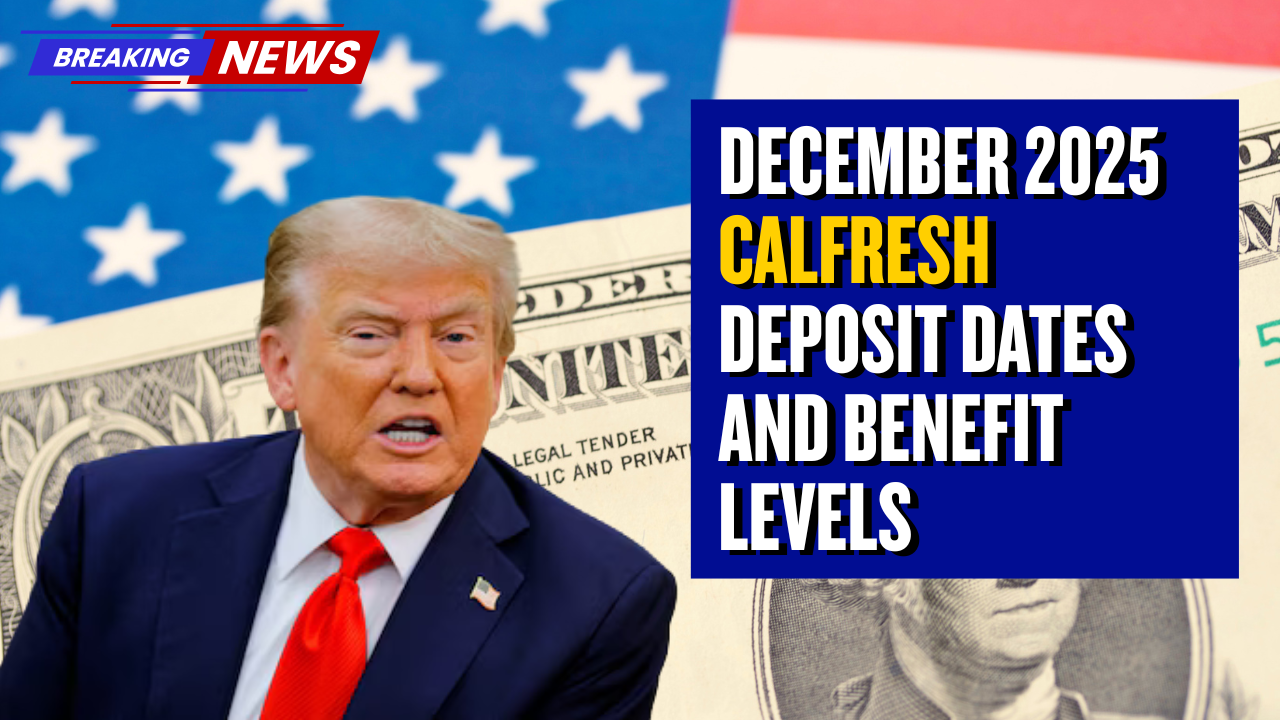Salt Lake City — Even as household debt climbs across the Beehive State, most Utahns say they feel financially steady and relatively optimistic about their economic future, according to the latest consumer sentiment report from Zions Bank and the University of Utah.
The survey, released Thursday, found that Utah’s consumer sentiment index fell 8.4% from September to October — from 80.1 to 73.4 — mirroring a dip in confidence nationwide. Still, Utah’s overall sentiment remains well above the national average, which dropped 2.7% last month, according to a parallel survey by the University of Michigan.
Optimism Remains Strong in Utah
“Utah’s consumer sentiment dropped more than the national average in October,” said Robert Spendlove, senior economist at Zions Bank. “However, over the past year, Utah’s decline has been far less severe — 9% compared to a 24% drop nationally. Utahns continue to show stronger optimism about the economy than consumers across the country.”
The Utah-specific index is modeled after the University of Michigan’s national survey but includes local questions to capture unique regional dynamics. Among them:
- Do Utahns expect good or bad financial times in the next 12 months?
- Will Utah see steady growth over the next five years or periods of unemployment and slowdown?
Despite some economic anxiety, most Utahns expressed confidence that the state will experience “good times financially” in the coming year, reflecting broader optimism about Utah’s job market and business growth.
Rising Household Debt Raises Concerns
That optimism, however, comes as Utah families take on significantly more debt. A WalletHub report ranked Utah fourth in the nation for the largest increase in household debt during the third quarter of 2025.
Utah households added an average of $831 in new debt last quarter, bringing total average household debt to $245,268. The only states with higher increases were Hawaii, California, and Colorado.
“A big increase in a state’s average household debt can signal that residents are struggling financially,” said WalletHub analyst Chip Lupo. “Inflation may be pushing people to borrow more just to afford necessities.”
However, Lupo noted that Utah’s relatively strong job market and low delinquency rates suggest that many residents are still managing their debt effectively.
A Tale of Two Economies
While inflation pressures continue to weigh on budgets, Utah’s employment levels and wage growth have provided a cushion. Economists say the disconnect — growing optimism despite higher debt — reflects a “tale of two economies”: households are spending and borrowing more but remain confident in their ability to repay.
Spendlove added that Utah’s fast-growing population, expanding tech sector, and strong small business ecosystem are helping sustain consumer confidence. “Even with rising costs, Utahns generally believe their financial situations will improve,” he said.
Looking Ahead
Utah’s combination of optimism and rising debt will likely continue into 2026, experts say. The state’s consumer sentiment index shows that while residents acknowledge challenges like inflation and higher interest rates, they remain more upbeat than much of the country.
That resilience, economists note, reflects Utah’s longstanding economic strengths — a young workforce, low unemployment, and a culture of entrepreneurship that often cushions national downturns.



